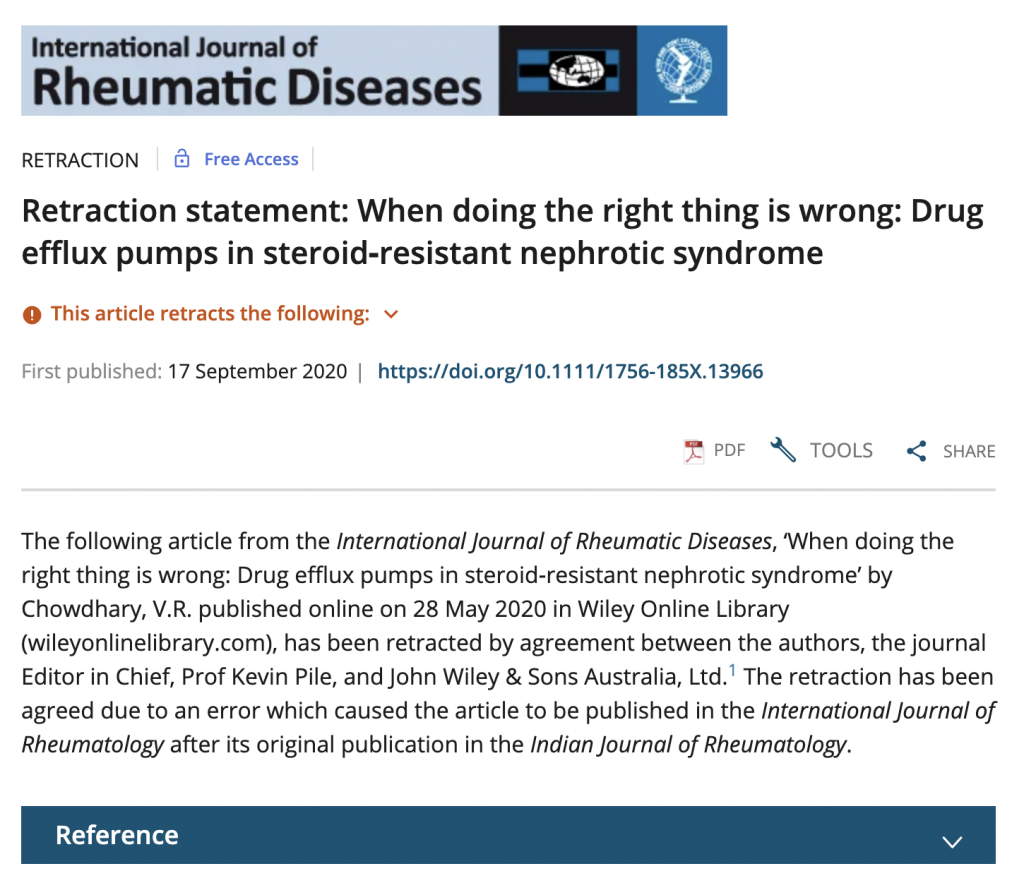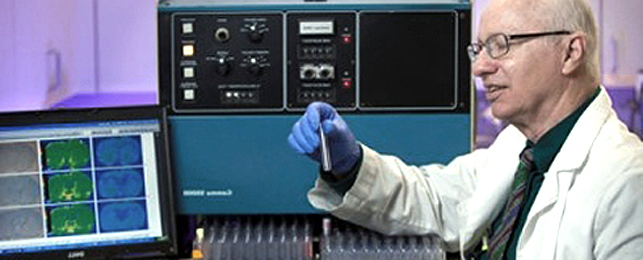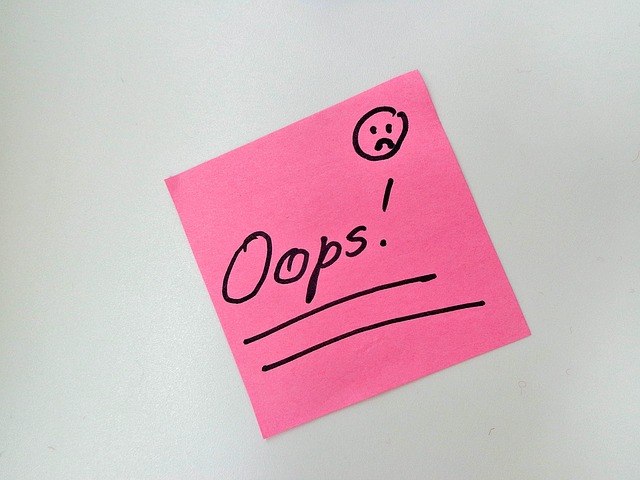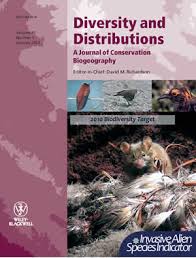The Anatomical Record is correcting itself in a big way, pulling 13 articles, including several linked to paper mills.
The papers, all by authors in China, were published between 2019 and 2021.
Some were flagged in a September 2021 report on research misconduct by the Chinese government. They join a slew of articles The Anatomical Record has retracted since 2020 for similar concerns.
Here’s an example of a retraction notice, this one for “Long noncoding RNA TUG1 facilitates cell ovarian cancer progression through targeting MiR-29b-3p/MDM2 axis,” which appeared in January 2020 from a group at the Department of Pharmacy at the Affiliated Hospital of Qingdao University:
Continue reading Anatomy journal retracts 13 papers







 A leading journal in ecology and evolution is going through an evolution of its own, following the resignation of its editor in chief and more than half of its editorial board.
A leading journal in ecology and evolution is going through an evolution of its own, following the resignation of its editor in chief and more than half of its editorial board.